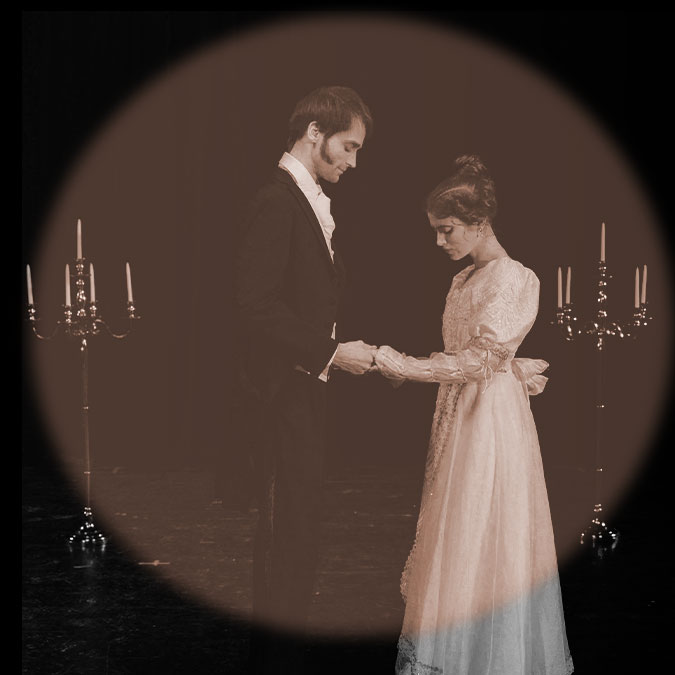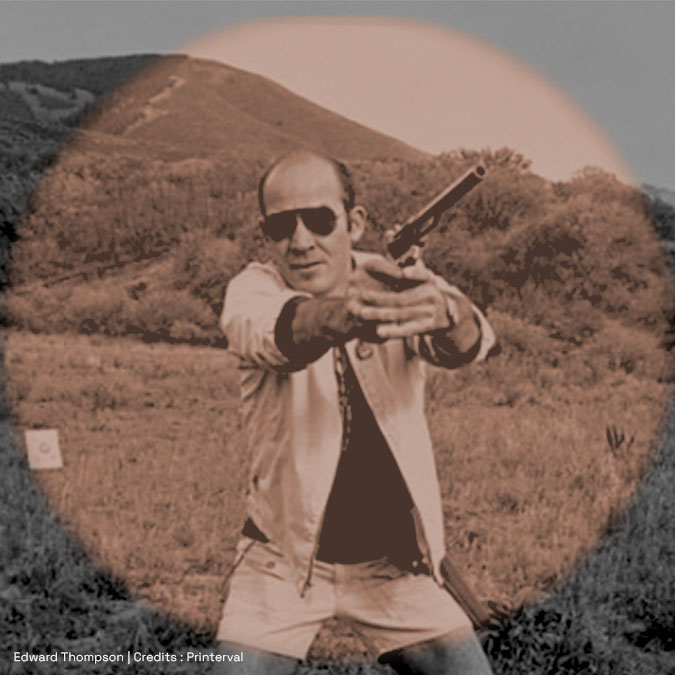Building compelling characters in modern fiction
Toolbox articles are shorter-form pieces that explore the writing craft, like point-of-view narrative and tension. Sign up to our newsletter to receive these articles direct to your inbox, before they’re published on the site.
Many years ago, when I began studying creative writing and thinking seriously about it, I was often told about character motivation. It was the first thing we needed to consider when creating characters. Whether it was tutors, books, online blogs – almost everything insisted that compelling characters start with strong motivation.
However, there was something that bothered me about character motivation. At the time, my favourite books included To the Lighthouse, Ulysses and The Catcher in the Rye. And try as I might, when analysing these pillars of modern fiction, I couldn’t see the importance of strong character motivation. Where, for instance, is Lily Briscoe’s high-stakes objective? What is the drive behind Stephen Dedalus? And what is Holden Caulfield’s great motivation? It occurred to me that considering a character’s motivation as the most important factor in their creation was too simplistic, and didn’t allow for the nuance that’s rife in literary fiction.
In this post, we’re going to discuss some of the limitations that come with using motivation as a pillar in character building, while discussing a possible alternative that I believe is extra useful in modern fiction.
The changing nature of character motivation in fiction
Nowadays, when I think about motivation in fiction, my mind immediately goes to Shakespeare; in particular, the tragedies. They’re almost always fuelled by strong character motivations. Whether it’s Macbeth’s lust for power, Iago’s desperation for revenge or Prospero’s need to rule – these are characters who are driven by a burning, high-stakes motivation.
This type of motivation makes sense when we’re dealing with battling kingdoms, grand plots of treachery and feuding aristocratic families. The motivation is already sewn into the plot. Which is why it works so well with Shakespearean drama.
But what about in modern literary fiction, where the stories are often closer to an everyday reader’s real-world experiences? The plots are more nuanced, and so are the characters. They don’t necessarily have a single drive propelling through the story; rather, they’re often overcoming day-to-day problems, navigating a complex and challenging (but down-to-earth) world.
Does this mean that characters from modern fiction lack the qualities that come from a character with a strong motivation? Does it mean that modern fiction doesn’t have conflict and drama? Of course, the answer to that is no. Literary fiction is filled with compelling characters and gripping conflict and drama.
So the question remains. How do writers create these compelling characters and drama in the absence of motivations? Let’s have a look at character ideologies.
Character ideologies vs. motivations
An ideology in fiction is what a character stands for, what they believe in. It’s the lens through which they see the world around them. It influences their decisions and shapes their interactions with other characters. It could be the basis of a character’s happy disposition or a melancholic one; whether they are generally trustful or mistrustful; whether they’re combative or passive.
Recognisable ideologies can be found in all well-written fictional characters, whether Shakespearean or modern prose. In the three examples from literary fiction I mentioned above, we could say that Lily Briscoe’s ideology is one of creative freedom; Stephen Dedalus believes in the vigour of intellectual pursuit; and Holden Caulfied is disillusioned with a world that he believes is full of ‘phonies’.
By revealing a character’s ideology throughout a story, a writer is introducing that character to the reader. We better understand who they are, where they’ve come from, what they think in different scenarios. We also realise whether we like the character or not. Is it someone we agree or disagree with? Would we want to go for a coffee with them? What would we talk about if we met them in real life? A strong character ideology can be the backbone to a compelling character.
That’s not all. When done well, character ideologies can be the catalyst for that oh-so important drama we keep referring to. When a character comes into contact with someone who they’re ideologically opposed to, conflict and drama will often ensue. This in itself can drive plots forward, and it can push characters along their journey.
In this sense, ideology ticks a lot of the boxes that character motivation does, while also being more suitable to the demands of modern fiction. So does this mean that motivation is superfluous in modern fiction?
The role of motivation in modern fiction
I’m not saying that motivation isn’t important or doesn’t exist in modern fiction. Everything we discussed in our post on the subject still holds true, and you should absolutely think about character motivations when analysing fiction or writing your own.
Most of our favourite literary characters have passing motivations that come and go throughout the story. Mr Kapasi’s sudden desire to be with Mrs Das in ‘Interpreter of maladies’, for instance; or Leroy’s wanting to build a log cabin from a craft kit in ‘Shiloh’. The point is that these motivations are ephemeral. They’re not ingrained into the character’s DNA, and they’re certainly not the cornerstones of their characters.
A good writer will still consider their characters’ motivations: what they want above all else. But motivation should be seen as a fluid character trait – a by-product of a character’s more fundamental personality. Motivations add depth and create drama, but they shouldn’t be the first character trait a writer thinks of when planning their story, either.
Try it at home
Think about a modern fiction (anything from 1850 onwards) story you love. Make a list of the characters and their ideologies. Think about what these ideologies tell you about the characters, and instances of how their ideologies create conflict with other characters.
Writers, you can try this with your own work. Do you have a strong idea as to what your characters’ ideologies are? How do these ideologies impact the plot? Are they well communicated to your reader?
Go a step further
A great example of character ideologies at work in a story already covered by fetish literature is ‘Sonny’s Blues’ by James Baldwin. This story is about two brothers – a young jazz pianist, Sonny, recently released from prison for dealing and using heroin and his older, unnamed brother – a high-school algebra teacher.
Throughout the story, the older brother is trying to understand Sonny’s free-spirited approach to life, which contrasts significantly with his own more rigid style. It’s a case of two opposing ideologies coming into contact, with the older brother also trying to impress his own way of life onto his brother. This clash is a source of conflict, and also the vessel through which we understand the brothers’ personalities.



